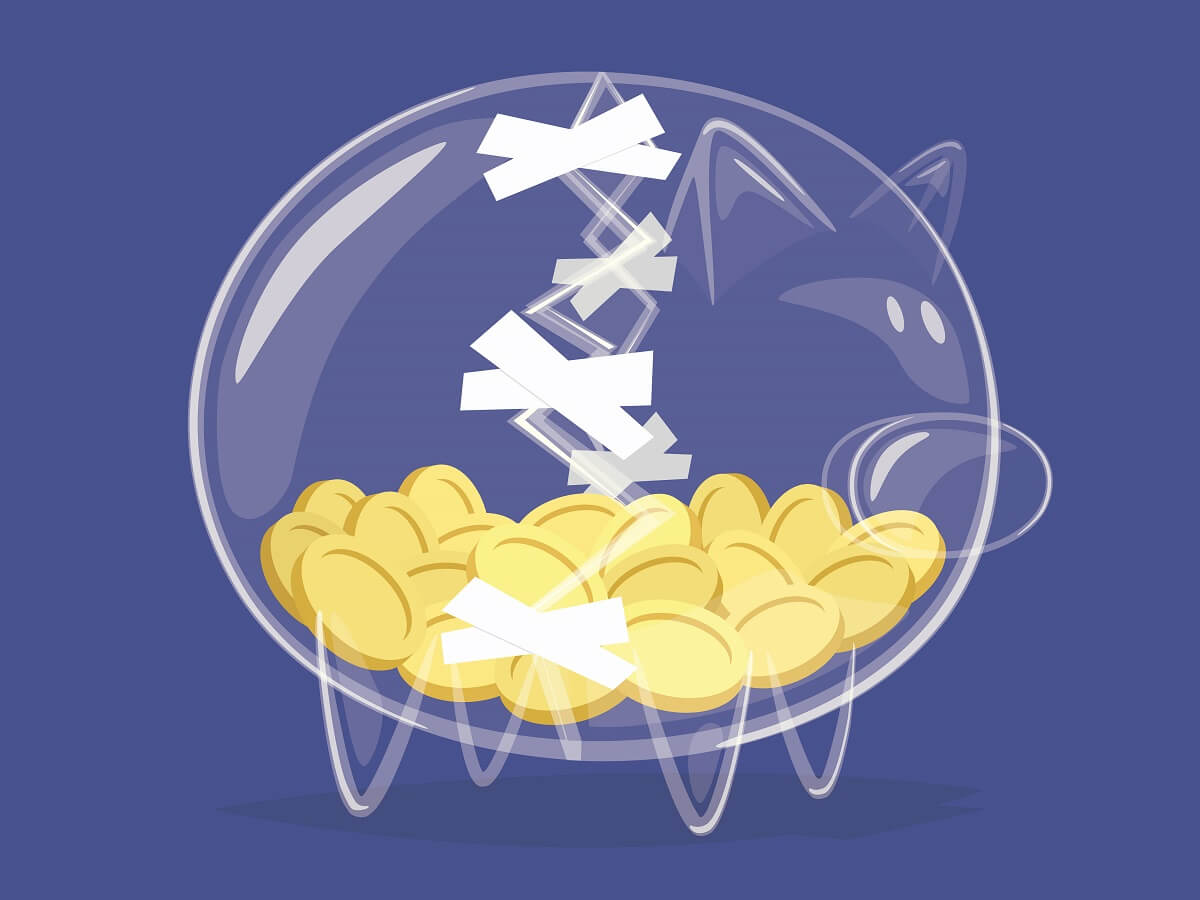When it comes to managing our finances, understanding how different economic factors can affect our investments is crucial. One such factor that plays a significant role in shaping the financial landscape is the repo rate. The repo rate is a tool used by the Reserve Bank of India (RBI) to control inflation and regulate liquidity in the market. However, it is essential to delve into specific scenarios, such as the impact of an FD interest rate hike on fixed deposit interest rates and loans against FDs. In this article, we will explore the effects of repo rate increases, especially in the context of an FD interest rate hike, which can affect your FD returns and provide insights to help you make informed financial decisions.
What Happens When Repo Rate Increases?
Direct Influence:
Why FD rates are increasing? Changes in the repo rate have a direct impact on FD interest rate hikes. When the RBI increases the repo rate, it becomes more expensive for banks and financial institutions to borrow money from the central bank. To compensate for higher borrowing costs, banks often raise the interest rates they offer on FDs. This results in better returns for FD investors.
Economic Stability:
The RBI adjusts the repo rate as part of its monetary policy to manage inflation, economic growth, and liquidity in the market. For individuals considering FD investments, understanding these economic factors can be crucial for long-term financial planning.
Strategic Planning:
In an environment where the central bank is increasing the repo rate, investors should lock in higher FD rates by opting for longer tenures. By choosing longer tenures, you can take advantage of the current FD rate hike and secure better returns over time.
Impact on Loans Against FDs
Leveraging Opportunity:
Investors who understand the impact of repo rate changes on loan terms can leverage this knowledge effectively. They can use loans against their FDs as a means to access funds at favorable rates while their FDs continue to earn interest.
Managing Liquidity:
During periods of decreasing repo rates, it’s often a strategic move to consider loans against FDs for managing short-term liquidity needs. Access to affordable credit can provide peace of mind when unexpected financial requirements arise.
Additional read: What Is Loan Against FD?
Risks and Considerations
While changes in the repo rate can impact FD interest rates and loans against FDs positively, there are risks and considerations to keep in mind:
Interest Rate Lock-In:
When investing in FD, especially for longer tenures, you might lock in a specific interest rate. This means you won’t benefit from potential future increases in interest rates if you opt for a fixed-rate FD. To overcome this, consider a laddering strategy where you invest in multiple FDs with staggered maturity dates, allowing you to reinvest at new, potentially higher rates.
Loan Interest Rate Fluctuations:
While lower repo rates may lead to favorable loan terms, the interest rates on loans against FDs can vary between lenders. It’s essential to shop around and compare loan offers to secure the best rates and terms.
Economic Volatility:
Repo rate changes are primarily driven by macroeconomic factors. Investing in FDs and taking loans against them should be done in the context of your overall financial strategy. Economic volatility can impact the stability of your investments and your ability to manage debt effectively.
Reinvestment Risks:
When FDs mature, you must consider where and how you reinvest your funds. It may not always be possible to reinvest at the same or better rates, particularly during periods of declining repo rates. As a result, your returns can fluctuate.
Conclusion
Understanding what happens when repo rate increases and loans against FDs is essential for making informed financial decisions. By staying informed about these FD rate hike, you can take advantage of higher FD rates during periods of increasing repo rates and strategically plan your investments accordingly.
Remember that FD interest rates and loan terms can vary between different banks and financial institutions. It’s crucial to conduct thorough research and stay informed about changes in the repo rate and monetary policy.If you’re looking for reliable solutions that cater to your financial needs, Mahindra Finance provides a range of financial products designed to empower individuals like you to achieve their goals. Whether it’s fixed deposits or loans against FDs, Mahindra Finance offers tailored solutions backed by trust and expertise.
FAQs
Q: What happens when the repo rate increases?
When the repo rate increases, it becomes more expensive for banks to borrow money from the RBI. As a result, banks raise FD interest rates to compensate for higher borrowing costs.
Q: How does an increase in the FD rate affect my returns?
An increase in the FD rate means higher returns on your investment. For example, if you have invested ₹1 lakh in an FD with an interest rate of 6%, and there is a 0.5% increase in the FD rate due to a repo rate hike, your new interest rate would be 6.5%.
Q: Why do FD rates increase when the repo rate goes up?
FD rates increase when the repo rate goes up because banks need to offer higher returns to attract funds from investors and compensate for higher borrowing costs.
Q: How can I take advantage of an FD interest rate hike due to a repo rate increase?
To leverage an FD interest rate hike resulting from a repo rate increase, consider opting for longer tenures when investing in fixed deposits. Locking in your funds for an extended period during a rate hike can ensure that you benefit from higher FD rates, maximising your returns over time.
























































